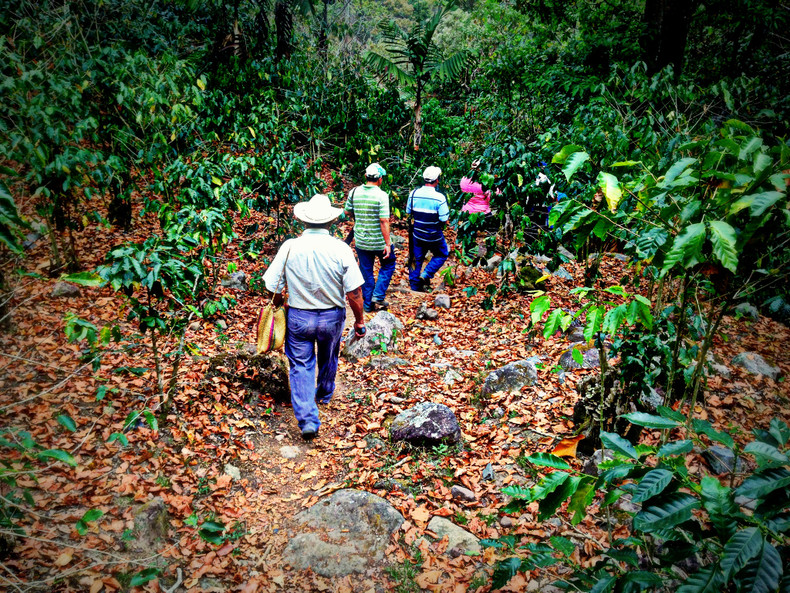Coffee is one of the most popular beverages in the world, and the industry is worth billions of dollars. If you did not love it, I suspect you would not be here reading this. However, there is a growing awareness of the impact that coffee farming has on the environment, animals, and insects. Coffee farming can be an asset to rural mountainous communities in the global south, or it can have a negative impact on the environment. As coffee farming communities have seen the onset of climate change in their regions, over the years many have seen shade-grown coffee as a sustainable alternative to more destructive methods of production.
Shade-grown coffee refers to coffee that is grown under a canopy of trees rather than in direct sunlight. This method of farming has been around for centuries, but it has only recently gained popularity as consumers have become more aware of the environmental impact of coffee farming. Arabica coffee (the good stuff we roast and you drink) can be grown in a chemically intensive way, but it naturally needs shade to flourish. All of the coffee farmers we work with utilize shade and organic farming practices.

One of the most significant benefits of shade-grown coffee is its impact on the environment. By growing coffee under a canopy of trees, farmers are able to maintain a healthy and diverse ecosystem. This not only helps to reduce the use of harmful chemicals and fertilizers but also helps to mitigate the effects of climate change by sequestering carbon in the soil. To that end, Sweetwater contributes 3 cents per pound of green coffee we buy to an impact fund that helps farmers improve practices and measure their carbon footprint.
Another benefit of shade-grown coffee is its positive impact on animals and insects. By maintaining a diverse ecosystem, farmers provide habitat for a wide range of animals and insects. This helps to support biodiversity and can help to protect endangered species. All of this is critical to sustaining the fragile ecosystems where coffee is grown and coffee farmers and their families live.
Finally, shade-grown coffee is also important to people. Not only does it provide a healthier and more sustainable alternative to chem-intensive coffee farming, but it also supports our small-scale farmer-partners by giving them a competitive advantage in a coffee market that increasingly pays a premium for sustainable practices. By drinking shade-grown organic coffee, you support these farmers and promote their sustainable farming practices.
Shade-grown coffee is an important alternative to unsustainable coffee farming methods. By promoting healthy ecosystems, supporting biodiversity, and providing sustainable livelihoods for small-scale farmers, shade-grown, organic coffee is having a positive impact on the environment, animals, insects, and communities alike. We raise a cup to you for helping coffee farmers make their communities more sustainable and resilient to climate change.


